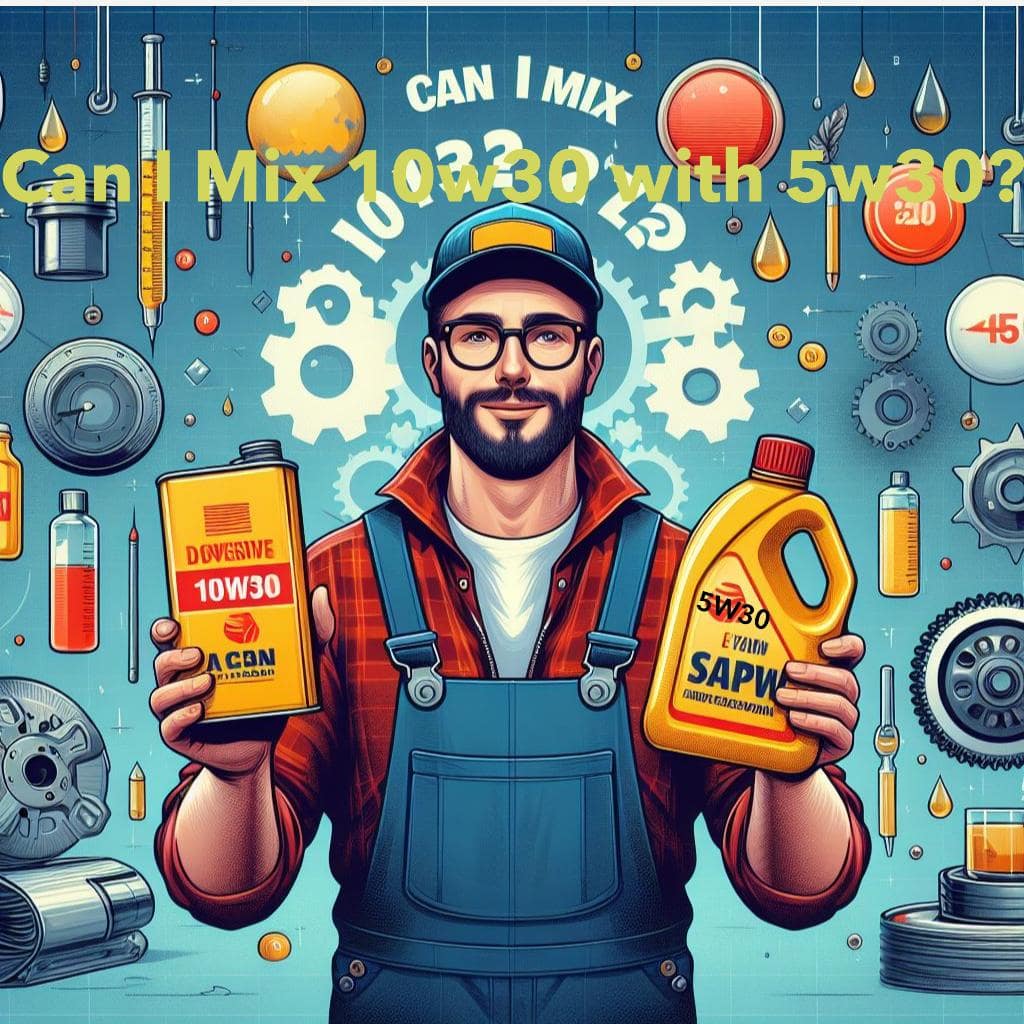In the world of machinery lubrication, using the right grease is crucial to ensure optimal performance and longevity. However, what happens when grease is incompatible?

Credit: www.efficientplantmag.com
Understanding Grease Compatibility
Grease compatibility refers to how different types of greases interact when mixed together. It can have a significant impact on the performance and reliability of the lubrication system.
Types Of Grease Compatibility
Greases can be categorized into three main types based on their compatibility:
- Compatible: Properties of the mixture are similar to individual greases.
- Incompatible: Properties of the mixture are significantly different.
- Borderline: Properties may or may not be acceptable depending on the application.
Effects of Incompatible Grease
When incompatible greases are mixed, it can lead to various issues such as:
- Softening or hardening of the lubricant
- Overheating and excessive wear
- Bearing failure
- Bleeding or separation of thickener and liquid
Greases That Should Not be Mixed
Some greases are more incompatible than others. For instance, aluminum complex, calcium complex, clay, and polyurea-thickened greases should not be mixed due to the risk of substantial softening or hardening.
Expert Recommendations
Leading grease manufacturers like Shell, Mobil, and Texaco advise against mixing greases. The consensus is clear: avoid mixing greases to prevent performance issues and potential damage to machinery.

Credit: www.machinerylubrication.com
Conclusion
When it comes to grease compatibility, it’s essential to follow manufacturer recommendations and avoid mixing incompatible greases. By using the right grease for your machinery, you can ensure smooth operation and longevity.


